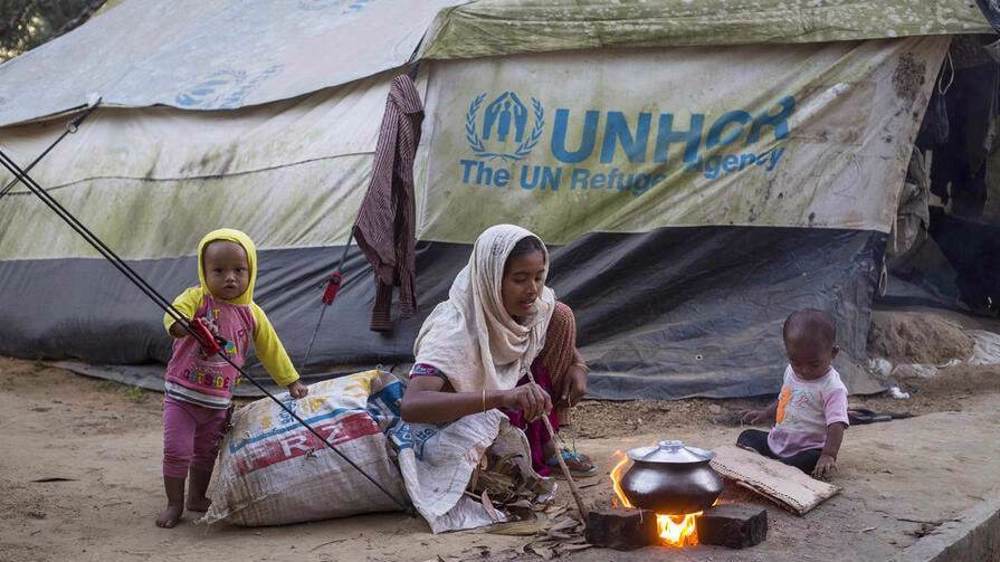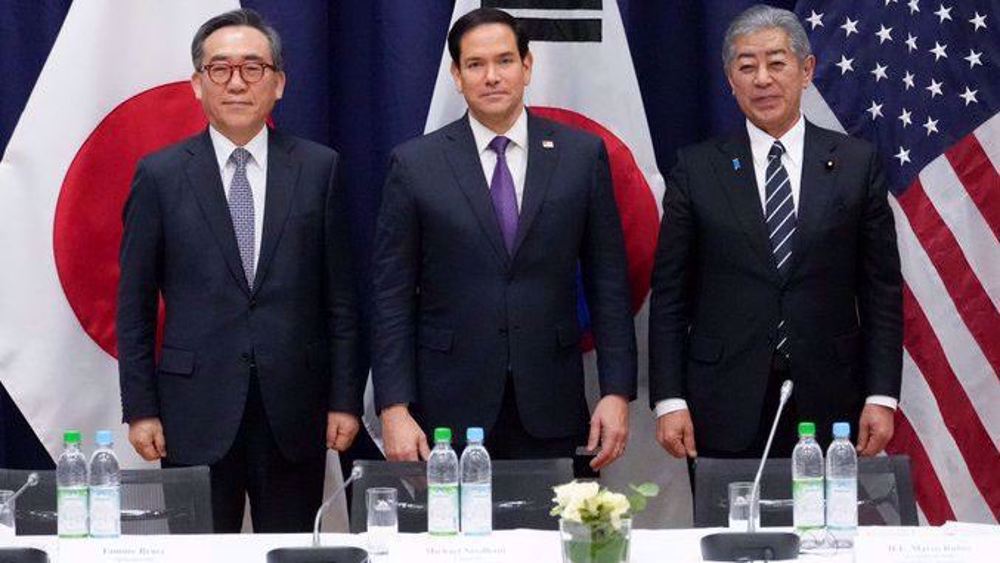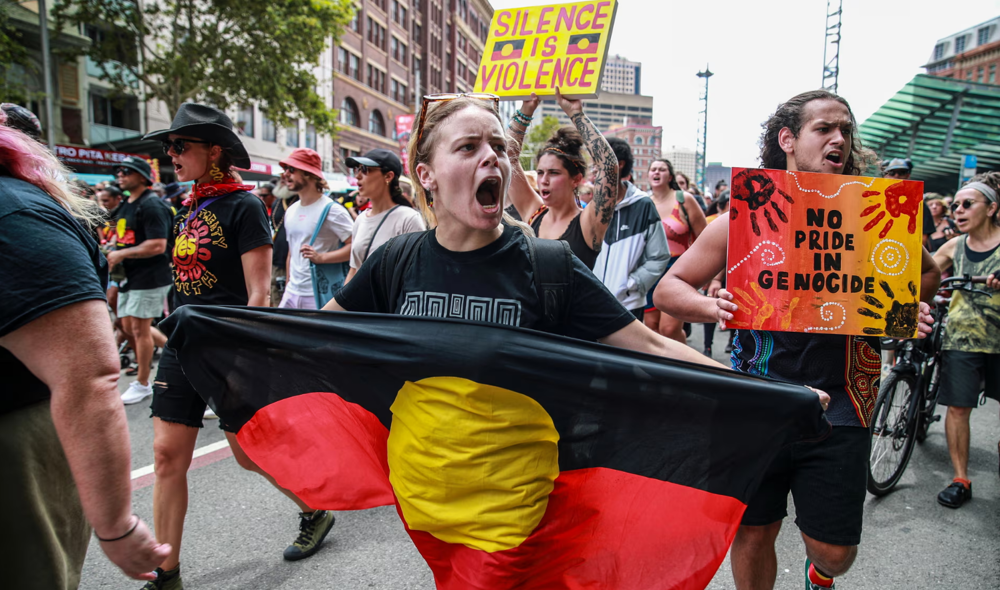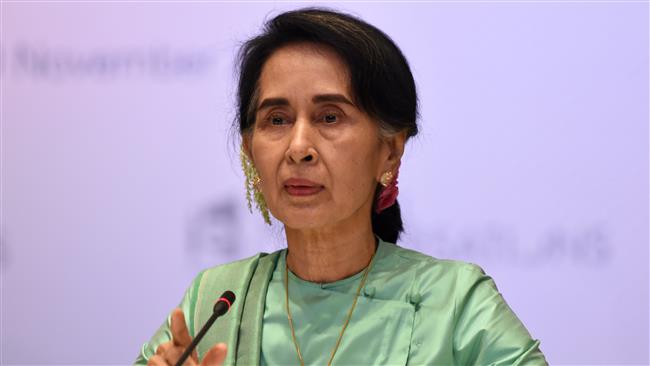Myanmar rejects ethnic cleansing of Rohingya Muslims
Myanmar’s government has refused to recognize as ethnic-cleansing the ongoing persecution of Rohingya Muslims, who have been subject to a heavy-handed crackdown by the country’s military over the past months.
In a televised interview with the British media on Wednesday, Myanmar’s de facto leader Aung San Suu Kyi expressed opposition to labeling the ongoing crackdown against the country’s Muslim minority group as ethnic cleansing despite widespread reports of abuses.
“I don’t think there is ethnic cleansing going on. I think ethnic cleansing is too strong an expression to use for what is happening,” she said.
Suu Kyi claimed that Myanmar’s government had made efforts to restore calm in Rakhine State, where the Rohingya Muslims are mainly based.
The Noble Peace Prize winner has been subjected to mounting pressure over the mistreatment of the Rohingya Muslims in Rakhine.
Nearly 75,000 people have fled from the Muslim-majority northern part of Rakhine to Bangladesh since Myanmar’s military launched a crackdown there in October 2016, according to the UN report.
The crackdown was launched after deadly attack on the country’s border guards on October 9 left nine policemen dead. The government blamed the Rohingyas for the assault.
There have been numerous accounts by eyewitnesses of summary executions, rapes and arson attacks against Muslims since the crackdown began. The military has blocked access to Rakhine and banned journalists and aid workers from entering the zone.
The United Nations has warned that the ongoing human rights violations against the Rohingya Muslims in Rakhine could be tantamount to “crimes against humanity.”

In February, a report by the UN human rights office said Myanmar’s months-long crackdown on its Rohingya Muslims could amount to crimes against humanity and “ethnic cleansing.”
Rakhine has been the scene of communal violence at the hands of Buddhist extremists since 2012.
Hundreds of people have been killed and tens of thousands have been forced from their homes to live in squalid camps in dire conditions in Myanmar, Thailand, Malaysia and Indonesia.
The government denies full citizenship to the 1.1 million-strong Rohingya population, branding them illegal immigrants from Bangladesh. Rohingya Muslims are believed to be a community of ancient lineage in Myanmar.
According to the UN, the Rohingya Muslims are one of the most persecuted minorities in the world.

Hunger, disease loom for Rohingya refugees in Bangladesh amid Trump's aid cuts: UN

US, Japan, S Korea renew calls for ‘complete denuclearisation’ of North Korea

Indigenous rights activists rally on Australia Day to protest British colonization legacy
UN experts: Israel again 'weaponising starvation' in Gaza
UNRWA: Israel's West Bank aggression aligns with annexation 'vision'
VIDEO | Destruction of Barquq Castle in Khan Younis
VIDEO | Gaza ceasefire has stalled, and Trump's warnings
Syrian regime declares curfews in several regions
Sudan takes UAE to UN court over 'complicity in genocide'
Trump's threats will embolden Israel to ignore ceasefire: Hamas
Hamas ready for 'all possibilities' after 'last warning' by Trump







 This makes it easy to access the Press TV website
This makes it easy to access the Press TV website